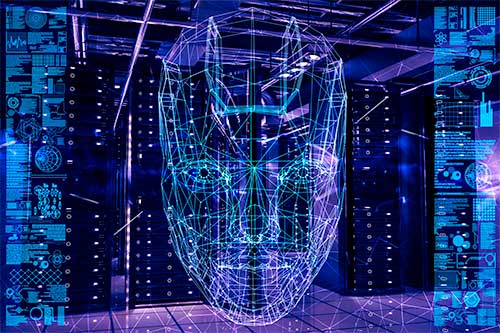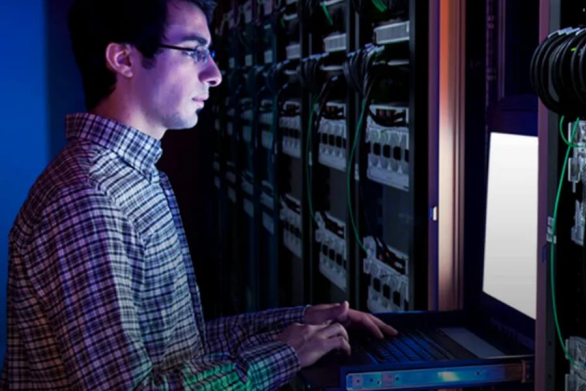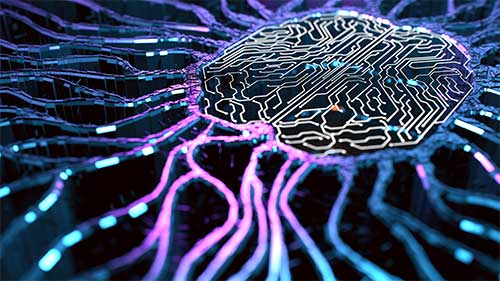Articles
Research roundup: AI edition
- May 5, 2023
- Author: Peter Krass
AI is busting out all over. AI is getting prioritized over all other digital investments. The AI market is forecast to grow by over 20% a year through 2030. AI worries Americans about the potential impact on hiring. And AI needs to be safeguarded against the risk of misuse.
How Ahrefs speeds SEO services with huge compute, memory & storage
- April 28, 2023
- Author: Peter Krass
Ahrefs, a supplier of search engine optimization tools, needed more robust tech to serve its tens of thousands of customers and crawl billions of web pages daily. The solution: More than 600 Supermicro Hyper servers powered by AMD processors and loaded with huge memory and storage.
How Ahrefs speeds SEO services with huge compute, memory & storage
- April 28, 2023
- Author: Peter Krass
Ahrefs, a supplier of search engine optimization tools, needed more robust tech to serve its tens of thousands of customers and crawl billions of web pages daily. The solution: More than 600 Supermicro Hyper servers powered by AMD processors and loaded with huge memory and storage.
Gaming as a Service gets a platform boost
- April 25, 2023
- Author: KJ Jacoby
Gaming as a Service gets a boost from Blacknut’s new platform for content providers that’s powered by Supermicro and Radian Arc.
Gaming as a Service gets a platform boost
- April 25, 2023
- Author: KJ Jacoby
Gaming as a Service gets a boost from Blacknut’s new platform for content providers that’s powered by Supermicro and Radian Arc.
How to help your customers invest in AI infrastructure
- April 24, 2023
- Author: Peter Krass
The right AI infrastructure can help your customers turn data into actionable information. But building and scaling that infrastructure can be challenging. Find out why—and how you can make it easier.
How to help your customers invest in AI infrastructure
- April 24, 2023
- Author: Peter Krass
The right AI infrastructure can help your customers turn data into actionable information. But building and scaling that infrastructure can be challenging. Find out why—and how you can make it easier.
Tech Explainer: How does generative AI generate?
- April 21, 2023
- Author: KJ Jacoby
Generative AI systems such as ChatGPT are grabbing the headlines. Find out how this super-smart technology actually works.
Do you know why 64 cores really matters?
- April 19, 2023
- Author: Peter Krass
In a recent test, Supermicro workstations and servers powered by 3rd gen AMD Ryzen Threadripper PRO processors ran engineering simulations nearly as fast as a dual-processor system, but needed only two-thirds as much power.
Do you know why 64 cores really matters?
- April 19, 2023
- Author: Peter Krass
In a recent test, Supermicro workstations and servers powered by 3rd gen AMD Ryzen Threadripper PRO processors ran engineering simulations nearly as fast as a dual-processor system, but needed only two-thirds as much power.
- ‹ previous
- 37 of 48
- next ›








